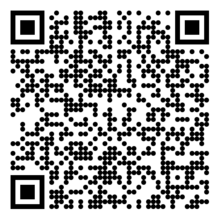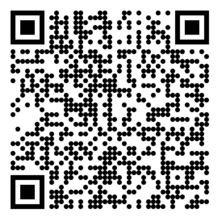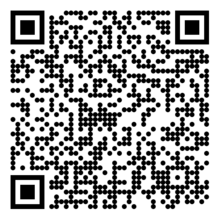FACILITATOR WORKBOOKS
These Workbooks were designed for facilitators and should not be shared with learners. Information on Learner Workbooks can be found below.
Dementia Care Simulations: Observation to Action
Simulation learning reduces the gap between theory and practice by providing opportunities for hands-on experience to learn best practices in a safe and controlled environment.
By practicing clinical and problem-solving skills through simulation learning, students are more prepared to enter the workforce and face issues that arise in the daily work of healthcare providers.
Simulations offered in this section cover dementia care on oral care, pain recognition and management, and observation and reporting of delirium.
Oral Care for Individuals Living with Dementia

https://igec.uiowa.edu/demographic-simulation-1-learner-workbook
Recognizing & Managing Pain in Persons Living with Dementia

https://igec.uiowa.edu/demographic-simulation-2-learner-workbook
Observing Signs of Delirium in Individuals Living with Dementia

https://igec.uiowa.edu/demographic-simulation-3-learner-workbook



